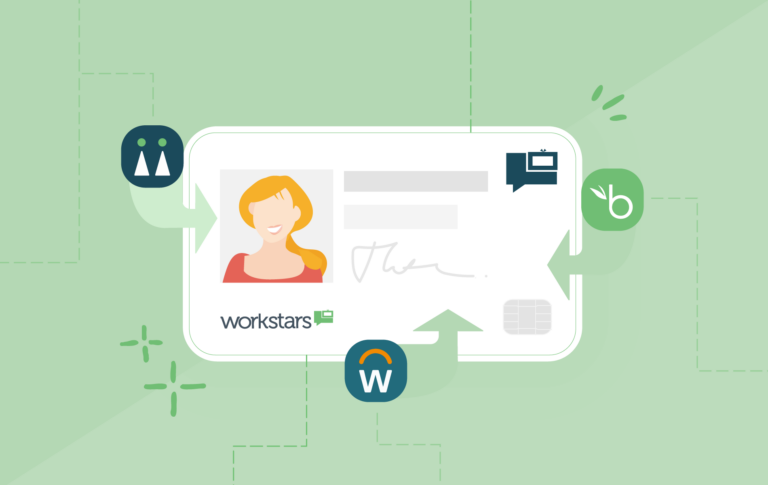Which perks would make you feel recognised at work?
Finish this sentence: ‘Today was a great day in work because…’. How about ‘… because I had a quick afternoon nap and had loads more energy to get things done.’? Or ‘… because I really unwound during today’s yoga session and felt a lot more focused afterwards.’?
These suggestions may not resonate with you. But don’t write them off because these are some of the ideas making appearances on employee wish lists (and in several instances, in the actual workplace) when asked what perks appeal to them. Payscale’s 2016 Compensation Best Practices Report asked respondents what their employees’ top 10 company perks are. Around the same time Raconteur also compiled a list of some ideas about what could make your top 10 perks list. Incidentally, yoga appeared on both.
Other suggestions such as on-site comedy nights, sound therapy and pet bereavement days made at least one of the top tens. Holidays make an appearance too but not because employees wanted more of them: instead, holidays for groups of employees to go on together which they organise themselves. And if you think these ideas sound a bit too radical for your tastes, there are also some more conventional ideas in there like time off to support charities or a day off on your birthday. And some rather optimistic ones, like an extra month’s pay.
The Workstars approach to Perks
While there are plenty of great ideas on the Raconteur and Payscale lists, it’s fairly likely some of those ideas may not appeal to you at all (except the extra month’s pay which is probably going to be popular with pretty much everyone) but that’s my point. What appeals to one employee will not automatically suit another. What really matters is that they’re valued by the person receiving them. While quite a few of the ideas on the lists are probably more likely to be included universally as part of every employee’s total rewards package, the Workstars approach goes beyond that. It’s still about perks being rewards but in an individual, personalised way.
There are plenty of small things that don’t need to have a physical cost but that have a high value to the employee when they redeem them. This kind of approach to recognition creates a way for employees to be rewarded with small privileges that are very desirable when the time or inclination comes to use them.
To do this effectively, managers need to genuinely know what matters to employees; when they’re giving recognition they need to be giving access to perks that are going to be really valued. Recognition and reward become a powerful way for managers to connect with employees. It becomes an emotional transaction rather than a financial one.
What kinds of perks does Workstars have in mind? The possibilities are endless. A very, very long lunch. Time off to wait for your delivery. A hangover morning. Start your holiday early. Just leave and pick up the kids. Helping you run 26 miles 385 yards. Choose the company charity. I could go on – but I’m sure you get the idea.
So what would make your top five perks list?
Any of the ones included here? Or would it be something we’ve not mentioned?
I’d be interested in hearing your ideas – feel free to leave a comment below or let us know via social media.


 Great managers vs natural leaders: What’s the difference (and does it matter?)
Great managers vs natural leaders: What’s the difference (and does it matter?)
 Workstars now integrates seamlessly with the HRIS you use every day
Workstars now integrates seamlessly with the HRIS you use every day
 AI in HR: Where are we at (and where are we going to end up?)
AI in HR: Where are we at (and where are we going to end up?)